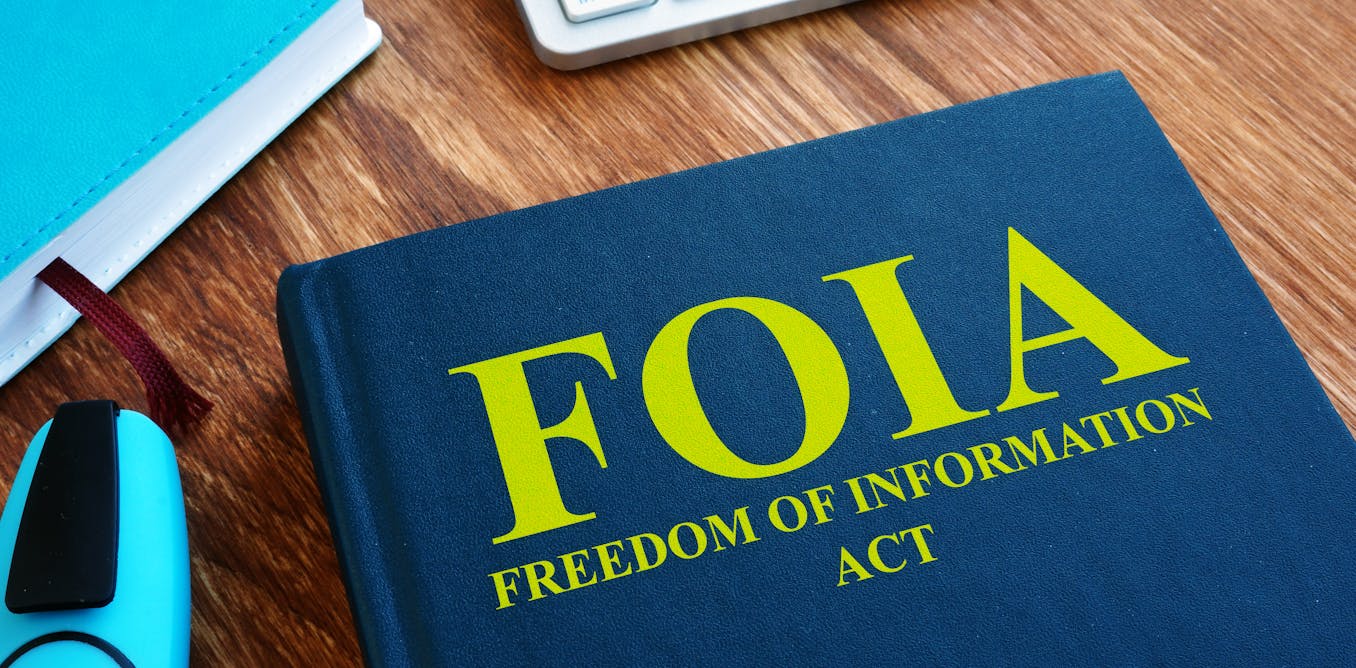A FAST food giant has issued an urgent warning as a woman says she feared she was going to die after eating a cheeseburger.
Beth Mcintosh went to the McDonald’s at Stone Lane Retail Park in Exeter on Wednesday.
2

2
She claims just minutes after eating a cheeseburger she went into anaphylactic shock and had to be rushed to hospital in an ambulance.
Beth said: “It was quite severe. I actually thought that was it. Within minutes my face had come up all red and my eyes were swollen.
“My throat had started to close up. The EpiPen had improved me a little bit by the time the ambulance arrived.
“But they said if they hadn’t got there soon they don’t know what would have happened.”
It was a “very scary” experience for Beth who says this was her first allergic reaction.
He has only learned she was allergic to nuts in the last three years.
She says it was so bad that she went into a “secondary reaction” while she was in hospital.
Beth continued: “Altogether the itching, the burning, the coughing and struggling to breathe lasted about four hours.”
The burger, which is part of McDonald’s saver menu, consists of a beef patty, cheddar cheese slices, ketchup, pickle slices onions and mustard.
The FSA issued an urgent warning to people with a peanut allergy after it was found that some mustard products on the market may have been contaminated earlier this week.
McDonald’s insisted the mustard that it uses is not believed to have been affected.
The FSA said that it had traced the contaminated ingredients to a producer in India but is still working with local authorities and businesses to identify affected products.
It added that those with peanut allergies should avoid eating anything with mustard until it had identified all products that may have been contaminated.
Rebecca Sudworth, the FSA’s Director of Food Policy, said: “Those with a peanut allergy should avoid consuming products containing mustard as an ingredient until we identify the individual products affected.
What are the symptoms of anaphylaxis and what should you do?
Symptoms of anaphylaxis happen very quickly.
They usually start within minutes of coming into contact with something you’re allergic to, such as a food, medicine or insect sting.
Symptoms include:
- swelling of your throat and tongue
- difficulty breathing or breathing very fast
- difficulty swallowing, tightness in your throat or a hoarse voice
- wheezing, coughing or noisy breathing
- feeling tired or confused
- feeling faint, dizzy or fainting
- skin that feels cold to the touch
- blue, grey or pale skin, lips or tongue – if you have brown or black skin, this may be easier to see on the palms of your hands or soles of your feet
You may also have a rash that’s swollen, raised or itchy.
Follow these steps if you think you or someone you’re with is having an anaphylactic reaction:
- Use an adrenaline auto-injector (such as an EpiPen) if you have one – instructions are included on the side of the injector.
- Call 999 for an ambulance and say that you think you’re having an anaphylactic reaction.
- Lie down – you can raise your legs, and if you’re struggling to breathe, raise your shoulders or sit up slowly (if you’re pregnant, lie on your left side).
- If you have been stung by an insect, try to remove the sting if it’s still in the skin.
- If your symptoms have not improved after 5 minutes, use a 2nd adrenaline auto-injector.
Do not stand or walk at any time, even if you feel better.
Source: The NHS
“Parents and carers of children who have a peanut allergy should take care to check the labels of food they buy and, if eating out, or getting a takeaway, ask the restaurant or cafe about foods that might contain mustard.
“As soon as we have more information, we will update consumers.
“As always, we urge people with an allergy to sign up to our allergy alerts, so you can be notified about future allergy recalls.”
I thought I was going to lose my life.
Beth Mcintosh
A spokesperson for McDonald’s said: “We are aware of the recent Food Standards Agency (FSA) warning regarding the potential contamination of mustard products with peanuts and want to reassure our customers that the mustard supplied to McDonald’s, and therefore our products, have in no way been affected by this issue.
“However, while we are confident our mustard has not been impacted, we cannot fully ensure any item in our restaurant is entirely allergen-free.
“Although our menu items do not contain nut or peanut ingredients, we are unable to guarantee that our food is completely free from nuts or peanuts – something we make clear in our allergens guidance.”
A number of specific products have already been recalled but so far no McDonald’s items are on the FSA’s list.
But Beth claims the chain’s menu items may be unsafe for those with allergies.
McDonald’s has not issued a specific warning of its own about mustard and Beth says she wasn’t asked about allergies when ordering.
She fears this could have serious consequences for others.
Beth said: “I’m really upset because McDonald’s hasn’t told people with nut allergies.
“All it takes is for someone not to have an EpiPen on them.”
She has also taken to her TikTok account to warn others allergy sufferers.
In the short video she said she thought she was going to die.
Beth said: “It was a very scary experience. I thought nothing about the mustard.
“I didn’t think that far ahead and I thought I was going to lose my life.”




